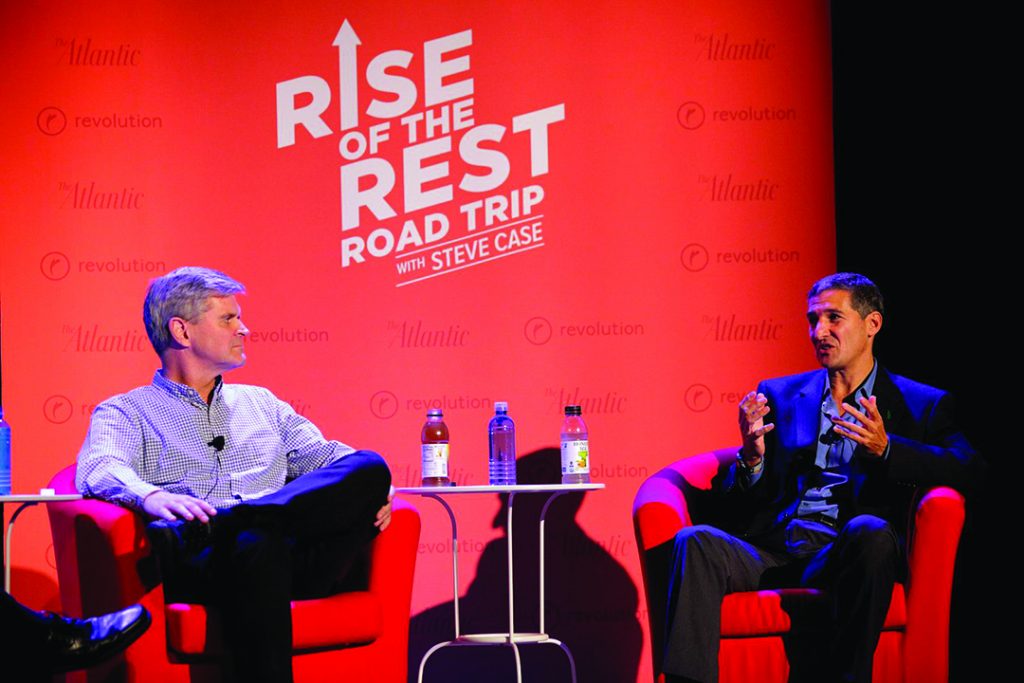Good News, Bad News – What we’ve learned about DEI in the current business climate

CEOs and boards worldwide show strong support for DEI, while middle managers struggle to keep up.
Top leaders are showing increased support for and investment in DEI, despite today’s climate of economic and political uncertainty. That’s according to the third annual Inclusion and Diversity Impact Report released in July by World 50 Group, which examines the perspectives of members from a large executive community of senior-most leaders responsible for diversity, equity, and inclusion (DEI), managing 7 million employees.
Nearly three- quarters (72%) have increased their organization’s investment over the past 12 months, despite today’s climate of economic and political uncertainty. Direct reports to the CEO were most likely to feel they have access to sufficient talent as well as support from their board, CEO, and other C-suite leaders. But only 41% of respondents — a decline of 8% from 2022 — said that middle managers were supportive. This highlights the need for improvement in middle-management support.
“This year’s survey shows DEI investments are steadily rising, demonstrating both commitment and understanding among large businesses,” says Jennifer Bird Newton, World 50’s chief impact officer. “However, continued focus, transparency, constant communication, and accountability are necessary for lasting I&D change.”
 According to the third annual Inclusion and Diversity Impact Report released in July by World 50 Group, 94% of respondents are tracking employee representation.
According to the third annual Inclusion and Diversity Impact Report released in July by World 50 Group, 94% of respondents are tracking employee representation.
Momentum for DEI initiatives remains particularly strong in larger companies (above $50 billion in revenue) and is further validated by the 81% of leaders who said their DEI budgets had either stayed the same or increased during this period. This is a 15% increase from companies that said they had sufficient funding for such efforts in 2022. Another notable fact is that 59% of leaders also reported having sufficient talent to support their DEI initiatives, a 6% increase from the previous year.
The report — a strong barometer for the ongoing significance of DEI — offers additional insights, including the critical fact that companies are beginning to align on DEI measurement:
- 94% of respondents are tracking employee representation.
- 78% are measuring workforce inclusion and belonging, which is down by 4% from last year.
Other insights include:
- 26% of respondents who said they had seen an increase in momentum said it came from leadership pressure.
- 41% of those reporting directly to the CEO said their DEI budgets had increased.
- 81% of respondents said their senior- most DEI leaders report either to the chief human resources officer (69%) or CEO (12%), compared to 59% and 19%, respectively, in 2022.
Growing Concerns Over Backlash
Despite the increased momentum of DEI, a considerable proportion of respondents (22%) identified their initiatives as “low” on the maturity scale this year compared to prior years. This critical assessment of maturity reflects the confluence of social, political, and economic pressures — along with the U.S. Supreme Court ruling striking down affirmative action policies — which are increasingly bringing new scrutiny to the depth and breadth of corporate commitments.
While 62% of respondents said they do not think their leaders are effectively held accountable for DEI results, that number decreased to 53% among those who directly report to the CEO. These findings underscore the need to establish accountability measures from the top down — and their impact on driving lasting change.
“We are at a critical inflection point for DEI,” says David Wilkie, CEO of World 50. “What is evident is that those who are committed to this work are getting the support and resources they need to move forward. Building cultures of belonging takes time, and while there is still much work to be done, we are encouraged by the progress we continue to see.”





Responses